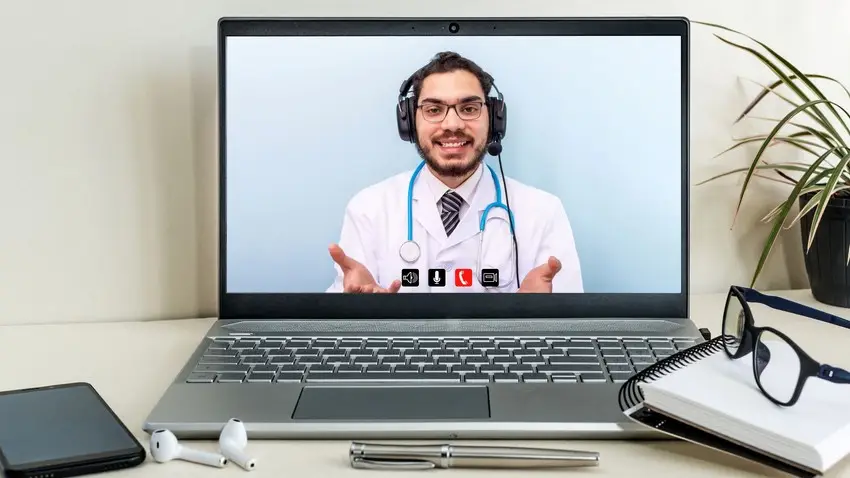The smartwatch has become one of the most common smart devices. Not only watches, but also activity trackers and even the latest smart rings collect a wealth of physiological data about you and your health. This may seem scary at first, but the truth is that this technology can now be used to save your life. Even in situations you wouldn’t expect.
Many of you will probably have heard stories where a smartwatch alert has helped someone to identify, for example, a cardiac hazard that otherwise caused no noticeable complaint, but the readings indicated it was serious before anything life-threatening happened. The latest research shows that this is just the tip of the iceberg, that smart devices can detect much more than we think, and that with the right data analysis, many health problems can be detected even at a very early stage.
Smart watch at critical times
Speaking to the BBC, Patrick Schoettker, chief anaesthesiologist at CHUV University Hospital, said they know exactly what complications anaesthesia can have after a lengthy operation. Blood loss can cause shock, but lung problems can also occur. Obviously, patients who are at higher risk need intensive monitoring, but he said smart devices could be a cheap and quick solution.
During pre-operative consultations – up to weeks before surgery – patients are fitted with a smartwatch, known as the Masimo W1, and the data collected is analysed. The device continuously monitors heart rate, respiratory rate, blood oxygen levels and even hydration levels, all with high accuracy. “We plan to use this preoperative data to predict potential preoperative or postoperative complications and treat them preventively,” he says.
Read the full article on glamour.hu !







